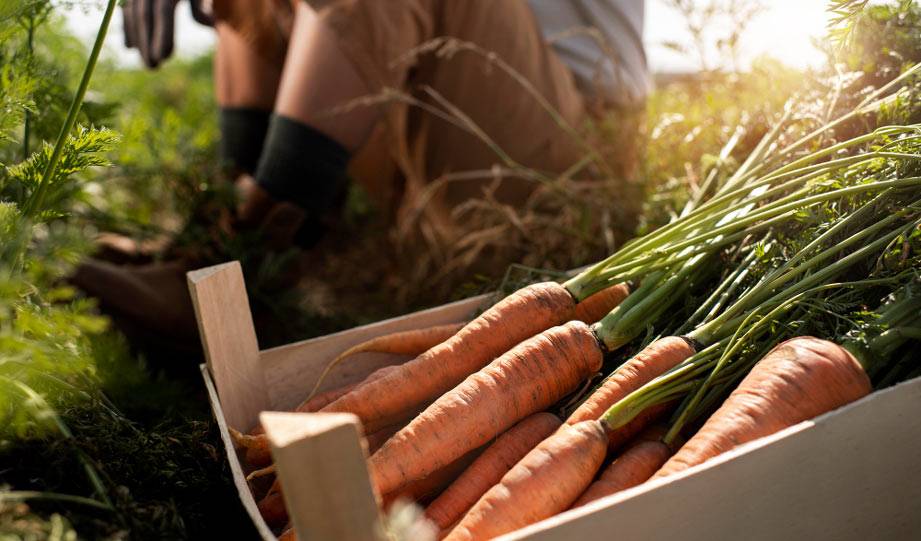Canada has seen a significant increase in the number of farmers who have switched to regenerative farming practices to better manage soil quality.
For a long time, large-scale farming simply depended on massive amounts of fertilizers, but the other downside was the higher risk of crop-damaging pests.
And there’s also an added benefit for CO2 management, as a report in The Star explains.
“The purpose of regenerative agriculture is to regenerate soil instead of degenerate it the way conventional farming does. Done correctly, the regenerated lands should also draw carbon from the air and hold it, or sequester it, in the soil. Farmers and advocates say this could help offset emissions created by the conventional agriculture sector.”
This practice is proving especially beneficial for organic farmers who simply cannot use conventional pesticides and herbicides.
But with regular crop rotations and bringing livestock into the tillage farming process, the reliance on chemicals goes down significantly.
What farmers are also finding is that the environmentally friendly methods also boost their bottom line. With regular crop rotations and the use of cover crops in the winter months, farmers can avoid long-term damage from flooding.
It’s a win-win situation.


